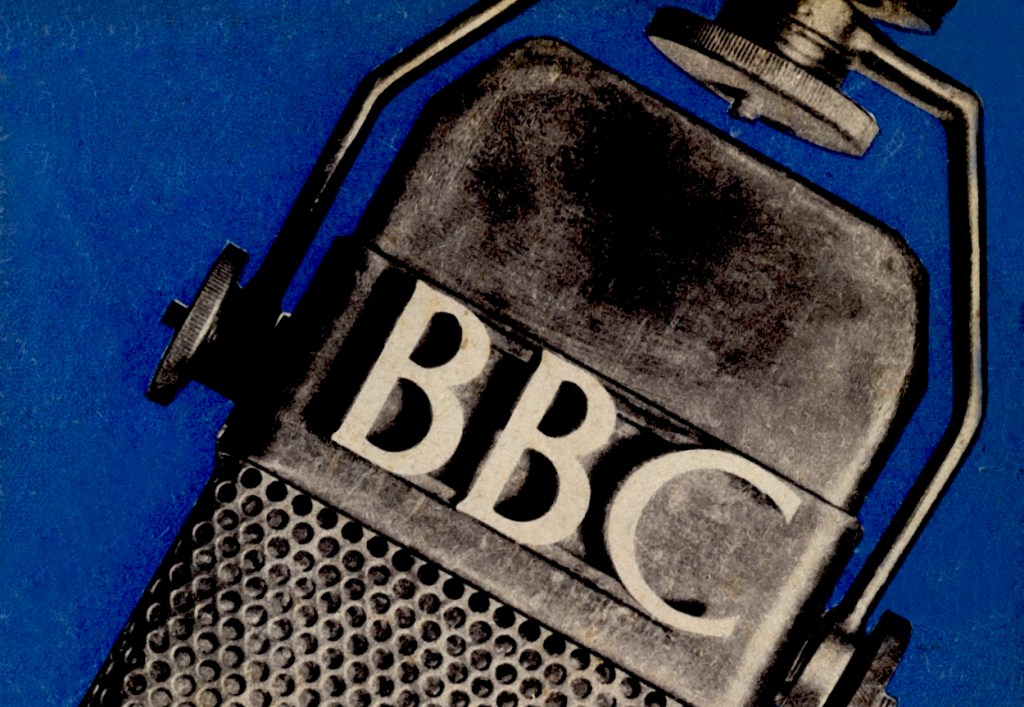I always think of my father at this time of year. In particular, I go back to the summer of 1997 – the year he died and the year the England he knew died as well.
You went to bed in the confidence that tomorrow could only bring the same happiness as today
We always spent July and August at his house in Italy, with gardens that tumbled down to the sea. There was a comforting symmetry to those days. The mornings began with the BBC World Service; the evenings were spent mixing white ladies and arguing over the newspapers I had bought in the port, with its boats bobbing on crystalline waters, and its chattering girls with gazelle-like eyes and flowers in their hair. Neighbours would come in from tennis, bringing house guests – ex Queen Juliana of the Netherlands, that swan of swans Lee Radziwill, Dave Cameron, George Osborne – and much laughter. You went to bed in the confidence that tomorrow could only bring the same happiness as today; and that when you went home, it was to the same country. Lazy, golden days, with the symmetry of a Greek vase.
But that summer I suspected my father was ill. I noticed that he choked on his food and couldn’t smoke the cigars he loved so much. He was losing a great deal of weight when I left and was worried he would never see England again. When, a few days later, my telephone rang at two in the morning, I thought it was someone calling to tell me he had died. It wasn’t my father, though – it was the Princess of Wales, who had been in a car crash in Paris. I was winded, as I had known her and liked her. But I was more shocked by the reaction to her death. Later that morning, friends and I watched grown women and men rending their clothes and wailing outside Kensington Palace. These were ugly new sights and sounds, and I turned my head to the wall. Moderation and sense, all the things that make us civilised, had gone. Looking back, it was the first indication that we had lost a fight we weren’t even aware was being fought.
‘Woke’ – though it wasn’t called that then – had won. Tony Blair’s ‘People’s Princess’ was the first woke speech made by a British prime minister. It was woke because it encouraged people to feel sorry for themselves in a narcissistic way; it was woke because it was divisive; and it was woke because it was a lie. Those of us who found the circus distasteful were obliged to conceal our thoughts. For the first time in this free country, we were told how to think and how to feel. When my father came home a few days later, he understood it less than I. My father, born in 1917, who had fought in the war, known Churchill and been an MP (in the days when that word was not synonymous with dishonour), and a public servant for more than 50 years. My father, whose generation had lived on the simple bread of courage, honesty and bonté.
His doctor told him that he had terminal throat cancer. He had courage about that too. He never advertised it in the media or sought public sympathy. He suffered greatly from the radiotherapy and I once found him sobbing and crouched on the floor the night before he had to return to hospital. But when friends like Andrew Roberts, who has always had my heart, came to visit, he put on his favourite yellow waistcoat and most colourful bow tie and walked down four flights of stairs as jaunty as James Cagney in Yankee Doodle Dandy. He was the best of England.
Looking back, it was the first indication that we had lost a fight we weren’t even aware was being fought
Three months later, I was in India, interviewing the Dalai Lama. Eerily, I was booked into the same hotel my father had stayed in the 1940s. I even had the same room number. Icy premonitions took hold. When my mother called at 1 a.m., I knew it was to say he was dying. I bought a plane ticket and ordered a taxi to the airport, tears jerking every time the driver stopped when a cow wandered onto the road. I telephoned my mother from the airport, numbed by cheap wine. My father was in hospital and still conscious. One of the doctors was tactless enough to inform him he only had two hours to live. My father looked at him with his great eyes and began telling my mother which hymns he wanted played at his own funeral. I missed saying goodbye to him by ten minutes, because of a traffic jam on the roads from Heathrow.
I think the inscrutable gods were kind, taking him off when they did. Living, he could not have stood the profane eloquence of the Cultural Revolution that followed, the inversion of everything he thought was good into something bad; the final victory of all he had fought so gallantly when he was alive. We buried him in a quiet graveyard in Staffordshire, where the Wyatt family had come from. Which reminds me, I must arrange for fresh flowers.







Comments